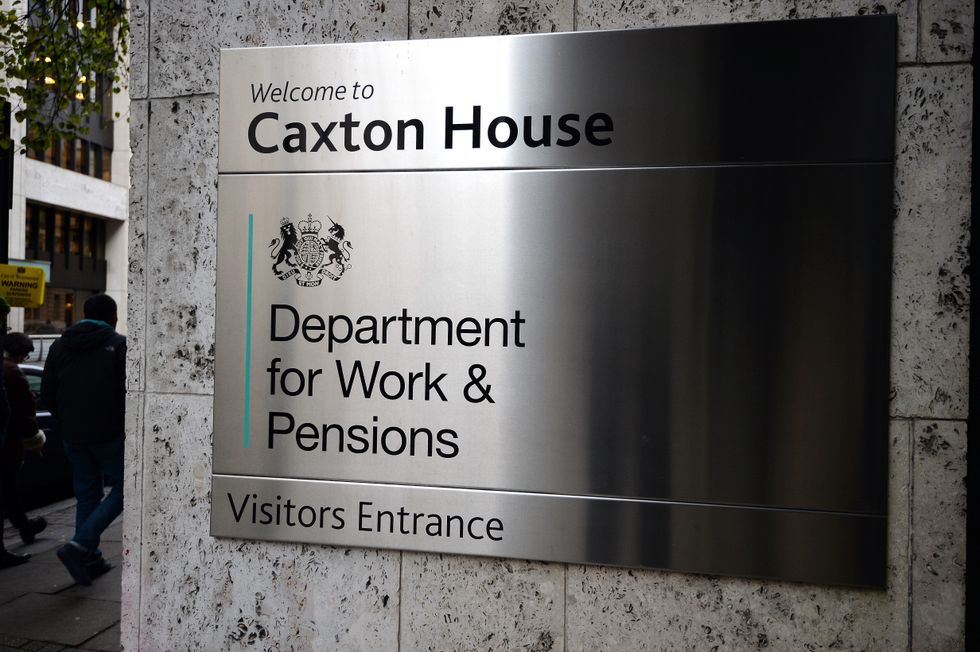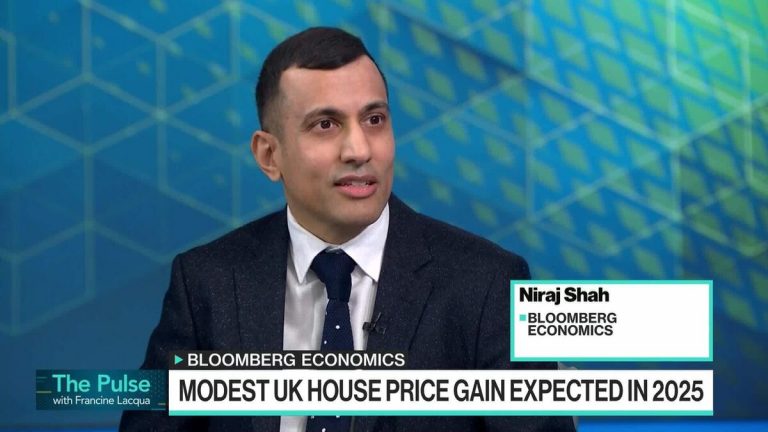There are many ways pensioners can try and boost their state pension payments as some lucky people are getting £47,800 a year.
There are 10 pensioners who are getting this extraordinary amount which is more than four times the amount typical retirees get.
These fortunate few are being handed £919.30 per week in the 2023/24 tax year, according to recent figures. Compared to those on the full state pension of £203.85 per week, this is a staggering difference of £715.45.
The analysis comes as the state pension is set to rise by 4.1 per cent next year in line with wage growth.
The data has shown that 540 pensioners were receiving more than £576.93 per week – equating to at least £30,000 annually. This marks a significant increase from the previous year when just 31 pensioners earned this amount.
These high-earning pensioners will see their weekly income rise further to £956.99 under next year’s triple-lock increase. This boost will push their annual income up to an astounding £49,763.55.
 The DWP is trying to encourage people to check if they can get Pension CreditPA
The DWP is trying to encourage people to check if they can get Pension CreditPAThe exceptional pension cases came to light through a Freedom of Information request submitted to the Department for Work and Pensions.
The boost in state pension comes from a complicated system under the old state pension scheme, which applies to men born before April 6, 1951, and women born before April 6, 1953.
The high amounts are largely due to additional payments from the State Earnings-Related Pension Scheme (Serps), also known as the second state pension.
While the basic old state pension pays up to £169.50 weekly, Serps can add up to £218.39 per week for those who qualify.
Helen Morrissey, head of retirement analysis at Hargreaves Lansdown, said: “Many of these people have accrued extra benefits through the second state pension and have really enhanced their retirement as a result.”
The Graduated Retirement Benefit scheme, based on contributions made between 1961 and 1975, can also boost payments.
Nearly three-quarters of pensioners are on the old state pension system, according to the Department for Work and Pensions.
The current new state pension pays up to £221.20 weekly, or £11,502.40 annually, to those who reach pension age at 66. To receive the maximum amount, retirees need 35 qualifying years of National Insurance contributions. Britons need at least ten qualifying years to get any state pension at all.
Royal London found that of 3.4 million people receiving the new pension last year, only 1.7 million received the full weekly amount. Worryingly, 5,677 people were receiving less than £10 per week.
How to boost your state pension payments
1. One vital way to boost state pension payments is through deferral. For those on the new state pension, payments rise by one per cent for every nine weeks of deferral, equating to nearly 5.8 per cent for each year delayed.
LATEST DEVELOPMENTS:
The system differs for those on the old state pension, requiring only five weeks’ deferral to see increases. These pensioners receive a one per cent increase for every five weeks deferred, reaching 10.4 per cent after one year.
The ten highest-paid pensioners would have needed to defer their payments for around ten years and six months to achieve their current £919.30 weekly rate.
2. National Insurance credits offer another vital route to boost state pension payments, according to Steve Webb, former pensions minister.
He explained that parents receiving child benefits for children under 12 automatically receive Class 3 National Insurance credits which build up years on one’s record. Grandparents and family members under state pension age who care for children under 12 can also apply for Specified Adult National Insurance credits using form CF411A.
Sarah Pennells from Royal London warns that gaps in one’s national insurance record usually occur due to low earnings, unemployment, or working abroad so it’s important to check one’s state pension forecast to know what they are on track to get.
She explained that people can usually pay voluntary contributions if they can’t claim any free credits to fill gaps from the past six years, with a current deadline of April 5, 2025. A new online tool from the Government helps savers check and fill gaps in their NI record.
3. The DWP is also actively addressing pension underpayments, having identified 119,050 cases between January 2021 and September 2024. Many pensioners have been left short-changed due to a combination of complex rules about entitlements under the old state pension system, and computer errors made by the DWP.
The DWP is in the process of repaying a large number of parents, mostly mothers, who were underpaid their state pension due to an error relating to ‘Home Responsibilities Protection’ (HRP), which is missing from their National Insurance record.
4. Pensioners on low incomes can claim Pension Credit to boost their income, worth an average of £3,900 per year. For the 2024-25 tax year, pension credit tops up weekly income to £218.15 for single people and £332.95 for couples.
Additional savings credit of up to £17.01 weekly for singles and £19.04 for couples is also available. Pension credit also acts as a gateway to other benefits, including a free TV licence and Winter Fuel Payments.
Tom Selby, director of public policy at AJ Bell, advises: “Anyone wanting an income in retirement of these levels or higher needs to get their house in order.”
























+ There are no comments
Add yours